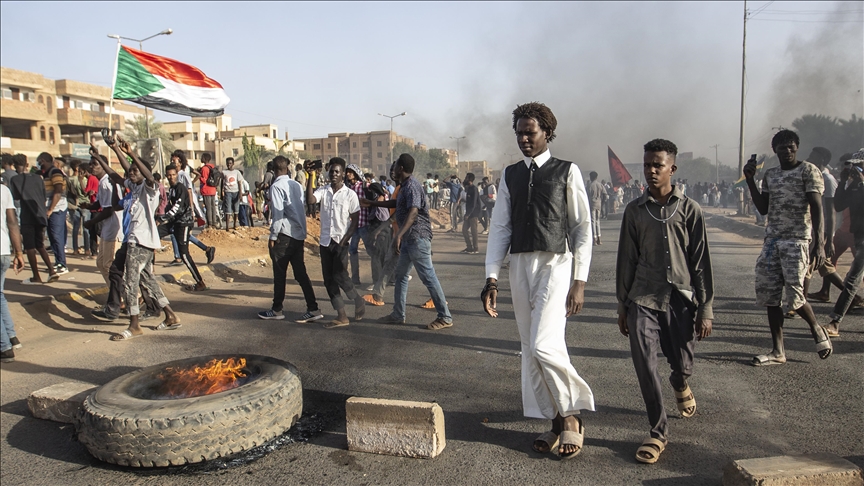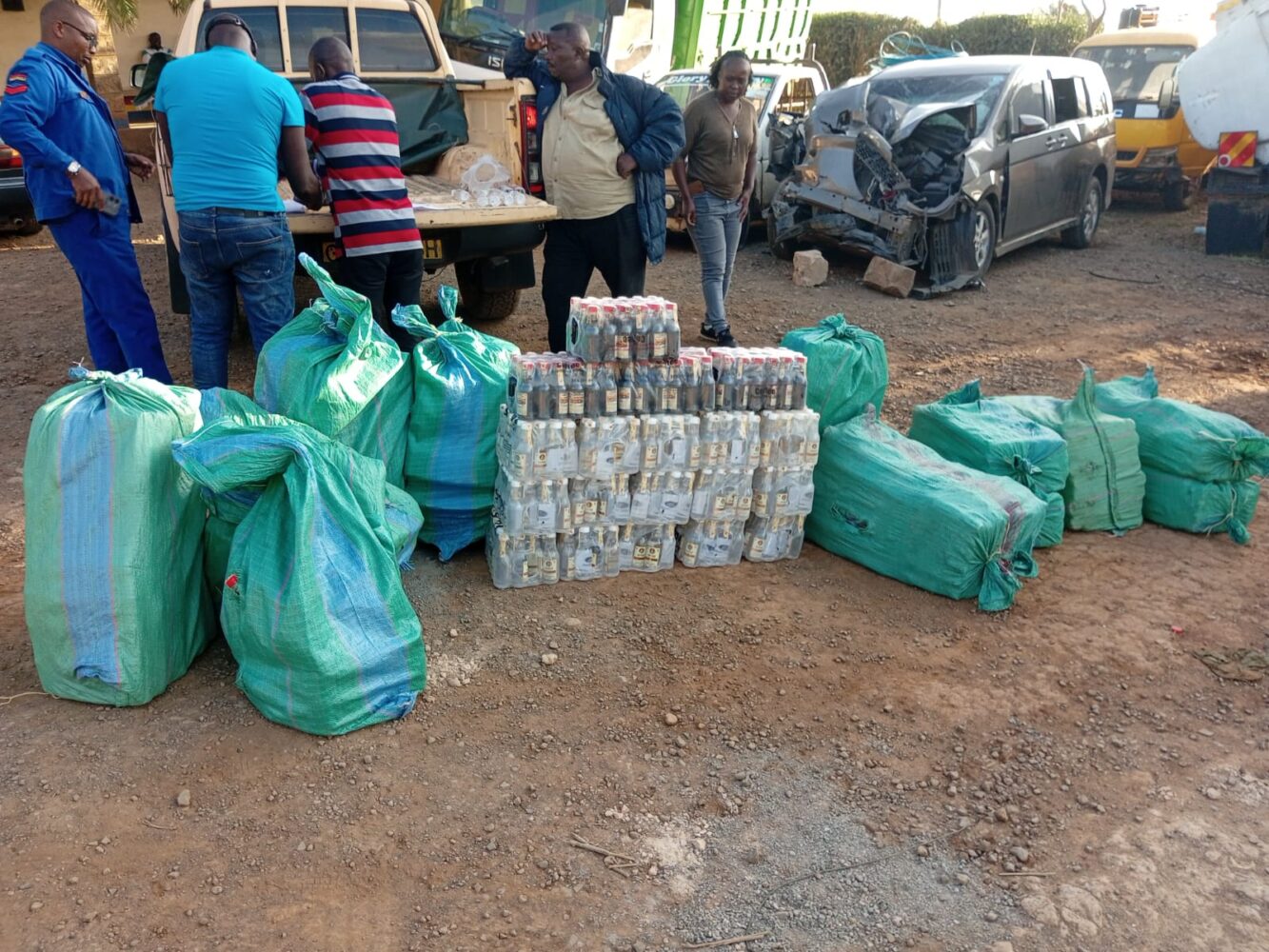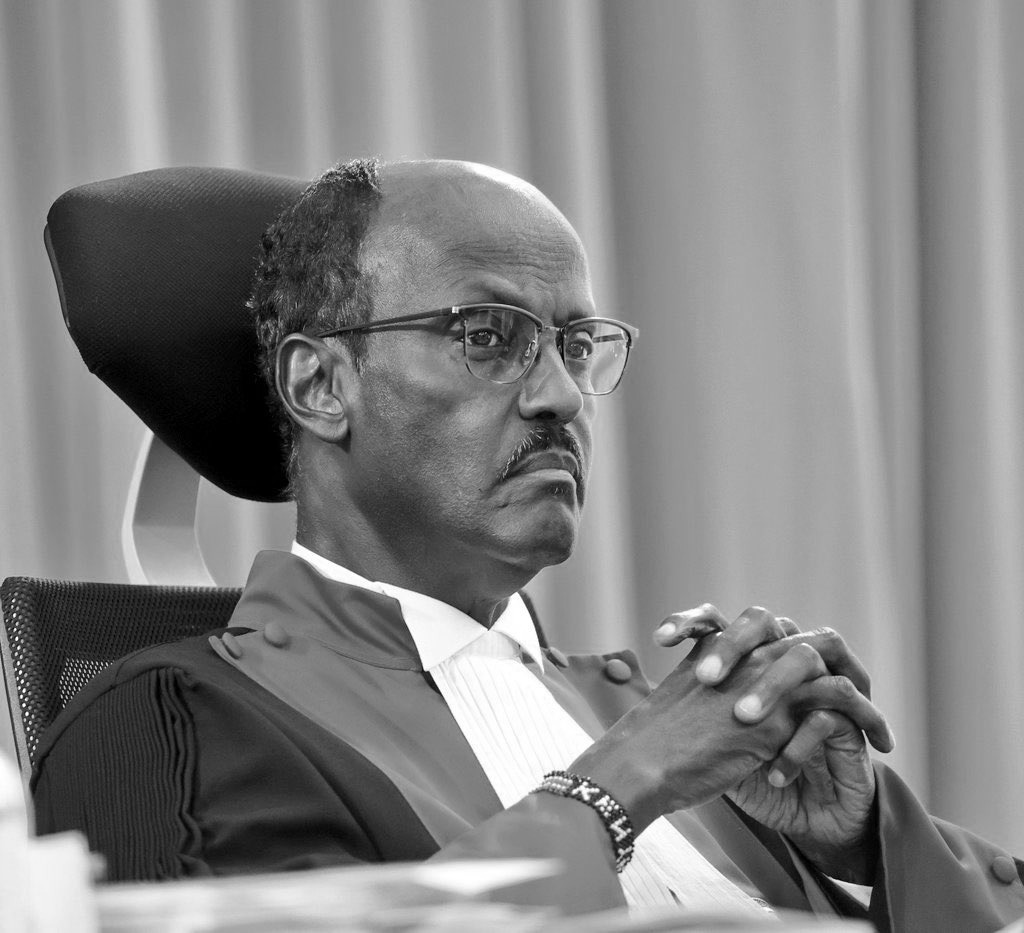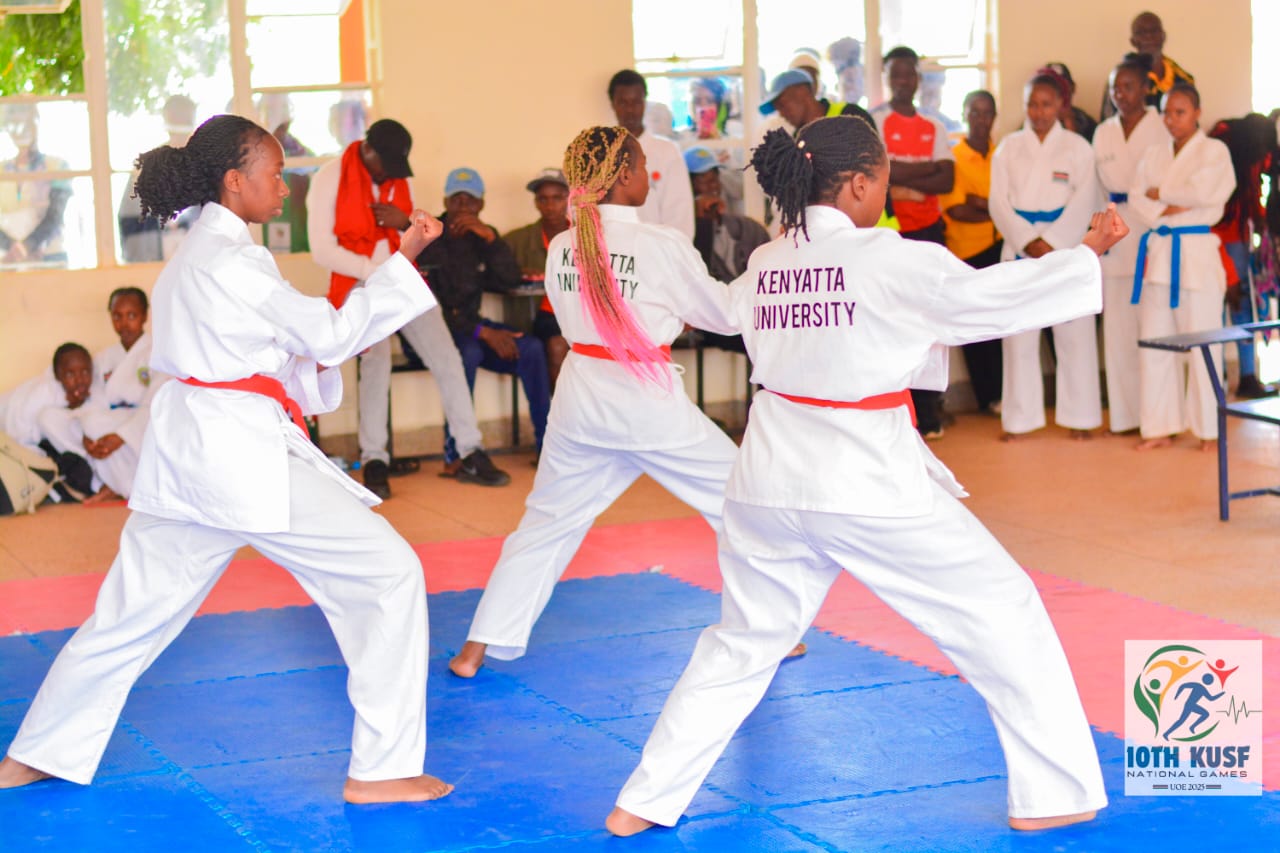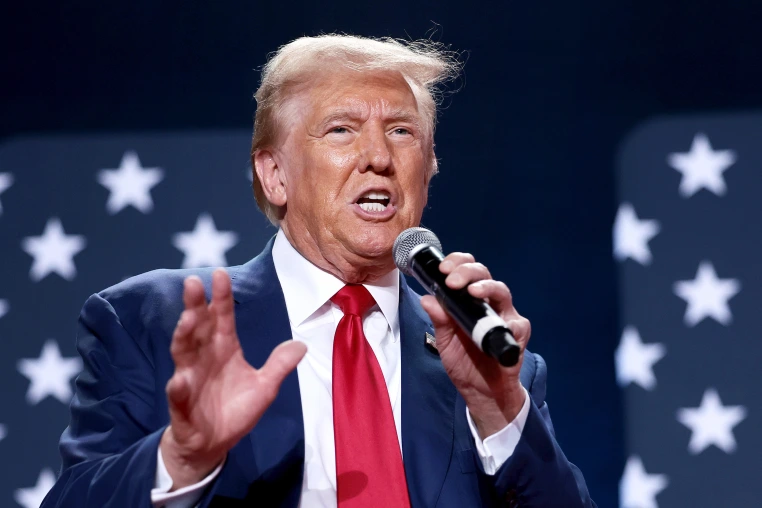Since the war between Sudan’s army (SAF) and the paramilitary Rapid Support Forces (RSF) began in April 2023, evidence of foreign planes, gold trade and outside influence has revealed a growing network of countries accused of fueling a conflict that has killed thousands and forced millions to flee.
The Gold That Pays for the Guns
According to multiple investigations, Sudan’s gold mines, particularly in Darfur and the northern states have become a notable source of wartime financing. A 2023 report by the UN Panel of Experts on Sudan found that both the Sudanese Armed Forces (SAF) and the Rapid Support Forces (RSF) “derive substantial revenue from gold extraction and taxation.”
Global Witness and Reuters have separately documented how gold from Sudan is exported through informal channels to countries like the United Arab Emirates, where it enters global markets as untraceable bullion. Analysts say these trade routes, linking Sudanese goldfields to Dubai’s refining sector, sustain both warring sides by converting local resources into hard currency used to procure weapons, vehicles and fuel.
The UAE Connection?
Investigators and journalists say they have tracked at least 86 flights from the United Arab Emirates (UAE) to Amdjarass, an airstrip in eastern Chad, since the conflict began. Three-quarters of them operated by carriers previously accused by the United Nations of moving Emirati weapons to Libya’s Khalifa Haftar.
The UAE has denied arming the RSF, insisting its flights are humanitarian.
“We firmly reject the baseless and unfounded claims regarding the provision of arms and military equipment to any warring party since the beginning of the conflict,”
The UAE government said in a statement, adding that it had sent 159 relief flights carrying 10,000 tones of food and medical supplies, including support for a field hospital in Chad.
The Unseen Paths of War
In June 2025, an open-source investigation by Bellingcat raised questions about Kenyan-labelled ammunition found in Sudan, inside an RSF weapons depot near Omdurman, outside Khartoum, though Nairobi firmly denied any connection or authorization.”
The Kenyan government denied any links, saying:
“We do not recognize the crates nor the inscriptions on them.”
Kenya added that it had not authorized any such exports and emphasized adherence to national arms protocols. However Belingcat reports that the statement did not clarify whether imports or diversions may have occurred through third-party channels, leaving the issue unresolved
Foreign Hands in a Local War
- Observers say Sudan’s internationally recognized government, led by General Abdel-Fattah Burhan , who also commands the Sudanese Armed Forces (SAF) is supported by Egypt, Turkey, Russia and Iran. Egypt and Saudi Arabia have both denied supplying weapons to any Sudanese faction, insisting their involvement is limited to diplomatic mediation.
- Analysis from the Global Initiative Against Transnational Organized Crime noted that Russia’s Wagner operations in Sudan’s gold sector provided a critical financial lifeline for the group’s activities across Africa.
- Ethiopia has maintained ambiguous ties with the RSF. Addis Ababa hosted a humanitarian and diplomatic meeting with RSF representatives, signaling an effort to balance influence in the region. In early 2024, Prime Minister Abiy Ahmed publicly shared photos of himself meeting RSF leader Mohamed Hamdan Dagalo (Hemedti), writing that they had discussed “securing peace and stability in Sudan.”
- Nearly one million people have fled into neighboring Chad since the war began, including over 720,000 Sudanese refugees and 220,000 returning Chadians. Chad’s border town, Amdjarass, where the UAE operates what it describes as a humanitarian air bridge, has been cited by Sudanese officials and independent monitors as a possible route for weapons shipments to the RSF.
- In North Africa, Libya’s eastern commander Khalifa Haftar and his Libyan National Army (LNA) have reportedly cooperated with RSF brigades, facilitating the movement of fuel, vehicles and supplies across the Sahara.
The Human Ledger
The United Nations says more than 10.7 million Sudanese have been displaced , terming it the world’s largest displacement crisis and over 25 million people now need humanitarian assistance. Entire communities in Darfur and Khartoum State have faced mass killings, looting and reports of ethnic cleansing.
Families in displacement camps talk about children dying of hunger, while traders in Port Sudan struggle as the economy collapses under sanctions and insecurity.
Meanwhile, as diplomats argue over legalities and accused nations deny involvement, Sudan’s war economy keeps running, driven by gold, greed and global power games.


